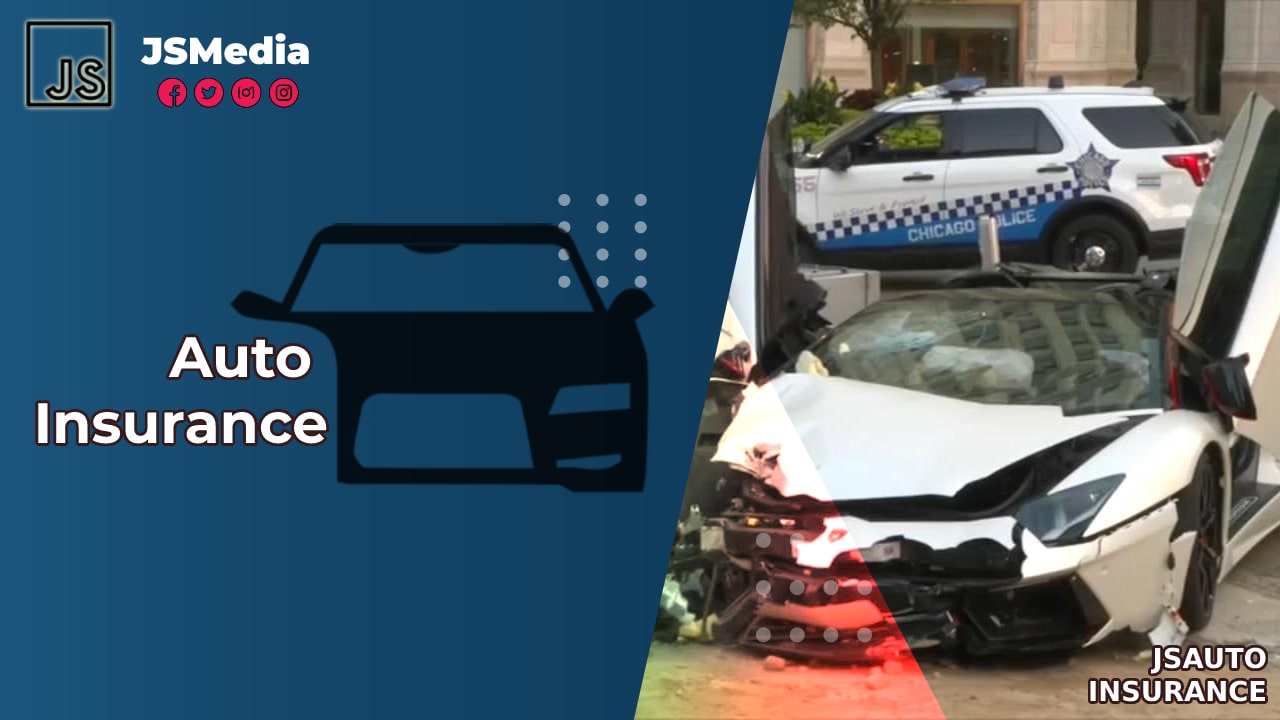JSMedia – Many people have a hard time paying their insurance bills, but you don’t have to worry! Most insurance companies offer a grace period in which you can make partial payments or cancel the policy altogether. There is a maximum time frame for late payments and you can even request a payment plan with the company. In most cases, a payment plan is the best solution because it keeps you from having to deal with any unexpected expenses.
The grace period is the length of time that you have to pay your premium before it’s due. Many insurance companies will give you this time so that you don’t lose coverage, and if you’re late, you won’t be charged a late fee. However, you should be aware that not paying your premium for a few days or even a whole month can lead to a cancellation of your policy. Most insurance companies will waive the late fees, but you might have to pay a small reinstatement fee for your coverage.
A grace period is a short period that your insurance company will allow you to make your premiums. Once the grace period ends, you will be liable for the entire amount of the premium. The best way to avoid using the grace period is to pay for your car insurance early. Once you miss the due date, your coverage will lapse and you will have to start all over again. If you don’t pay your bill in time, your policy will automatically cancel.
Auto Insurance Grace Period: What Is It and How Does It Work?
While there are many companies that offer extended grace periods, not all of them have the same rules. You should be aware that you can only get a few months of coverage if you’re late paying your premiums. In addition to this, the length of the grace period varies from state to state. While most states require a ten-day grace period, a 30-day grace period is common among large insurance carriers. If you’re not able to make a payment within the stipulated time, you can contact your insurance agent or commissioner to learn more about your policy.
A car insurance grace period is different from one insurer to another. You may be able to get a 10-day grace period if your car was stolen or damaged. If you’re late with your payments, the grace period may not be long enough. In such a case, it is important to check your policy carefully. This will help you avoid any problems that might arise. And if you’re late paying for your car insurance, you’ll be able to make the payment.
You should also take note that a grace period is not permanent. Depending on the type of insurance you’re purchasing, it can be extended for a few days or even a month. The grace period is not an extension, but it is a way to protect yourself if you’re behind on your payments. A policy that allows you to pay for the premium in full has a longer grace period than a non-flexible payment policy.
If you’re late on your payments, you’ll have to make up the difference. If you’ve purchased a new car, you’ll need to remove the old vehicle from your insurance policy. A car insurance grace period is a period of time when you can make a payment on your existing policy. It gives you a chance to catch up on your payments and get the necessary coverage you need. If you miss a payment, you’ll be responsible for it.
A grace period allows you to make extra payments on your car insurance. It’s important to understand that it’s not an automatic extension of your payment terms. Instead, it’s a temporary extension of your policy. When you’re behind on your payments, you don’t want to be without insurance coverage. You need to pay the premiums before the grace period is over. Often, a policy has a grace term, which means it has no time limits.
Once you miss a payment, your insurance will cancel your coverage. This will leave you unable to drive. In the worst case scenario, you will be left with no way to pay for your policy. Moreover, if you’re behind on your payments, you won’t have the money to buy a new car. Your auto insurance grace period is a chance to catch up on missed payments before you’re late.

